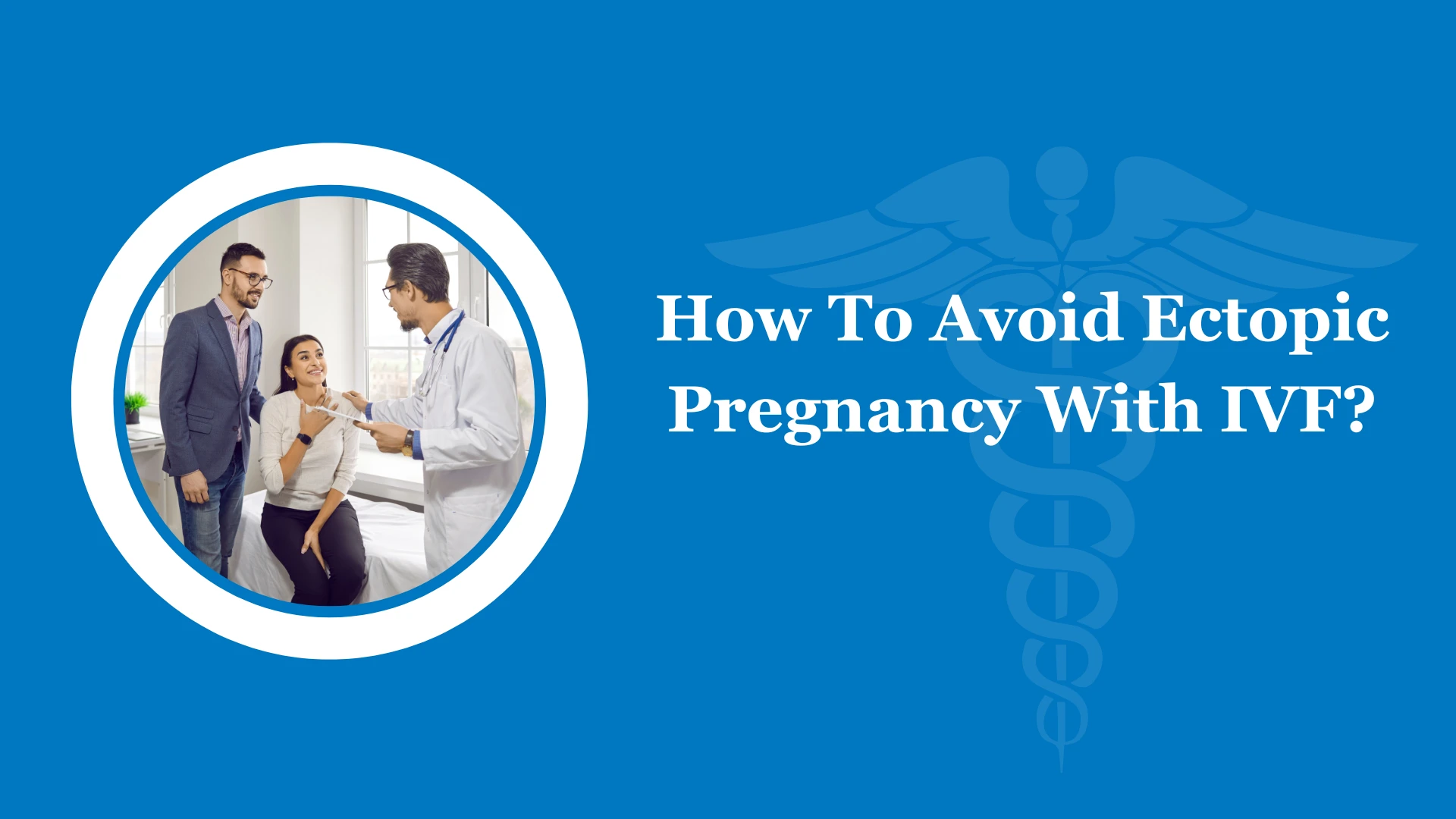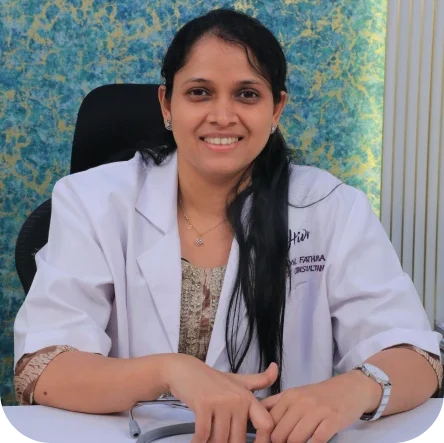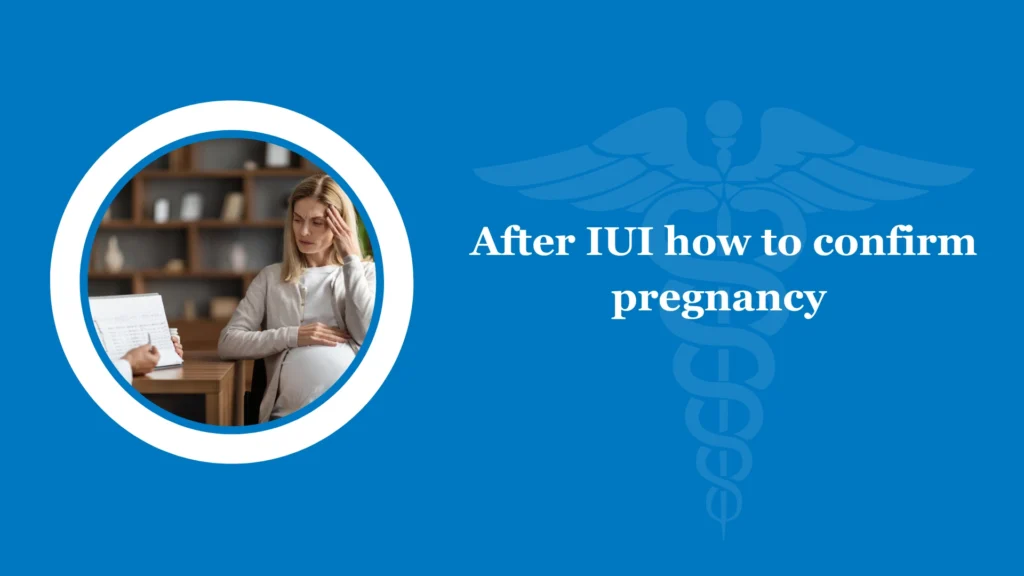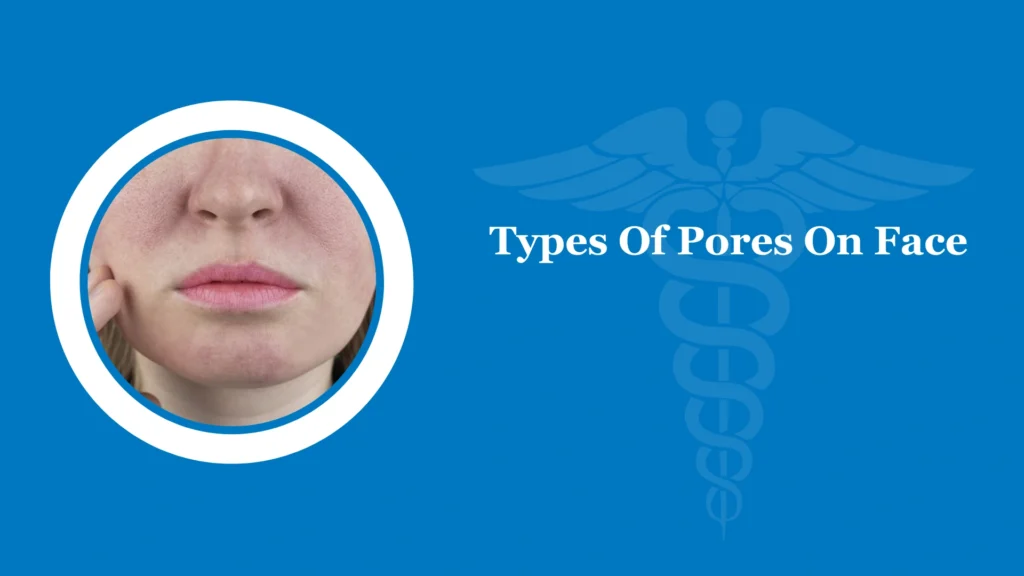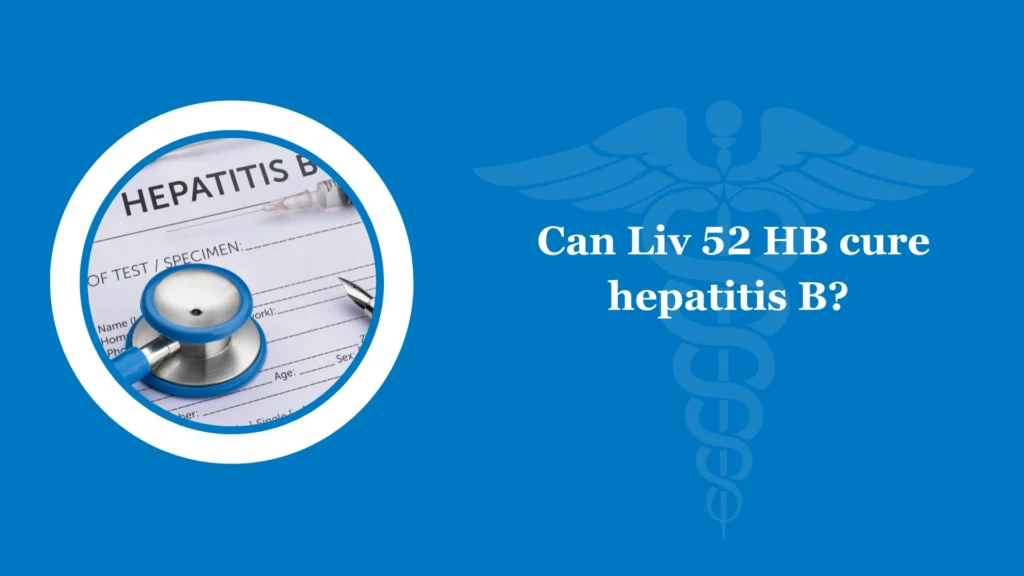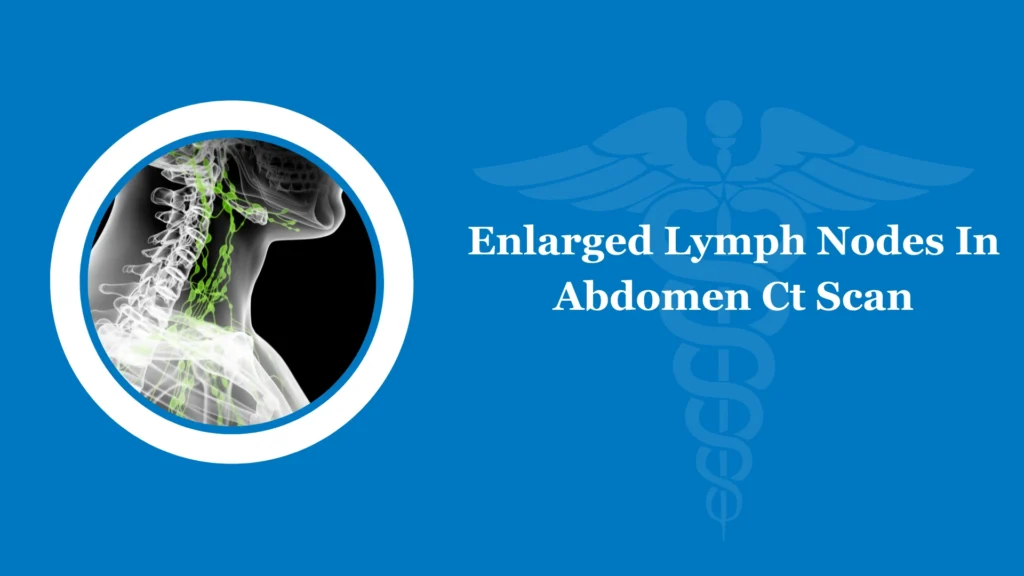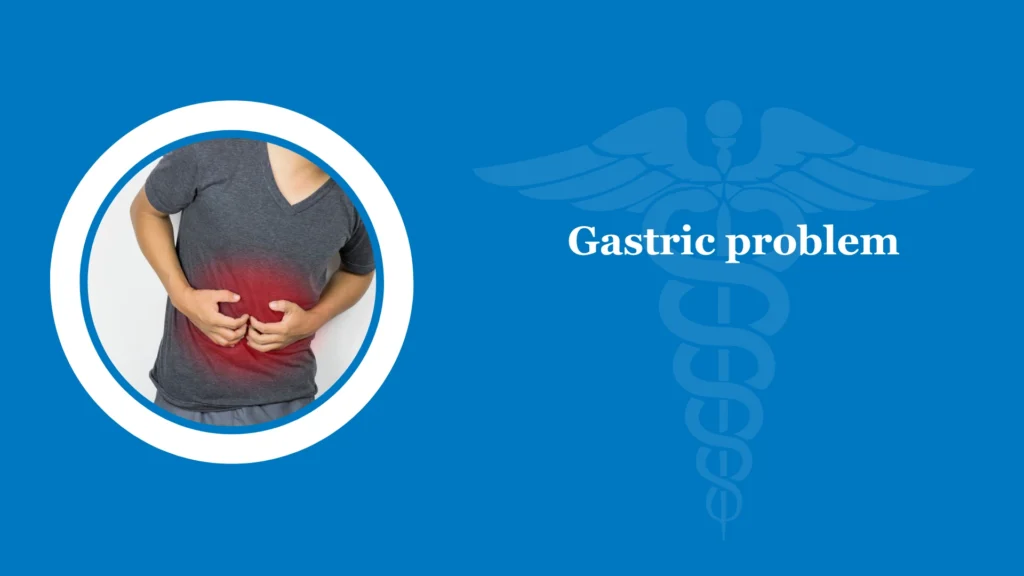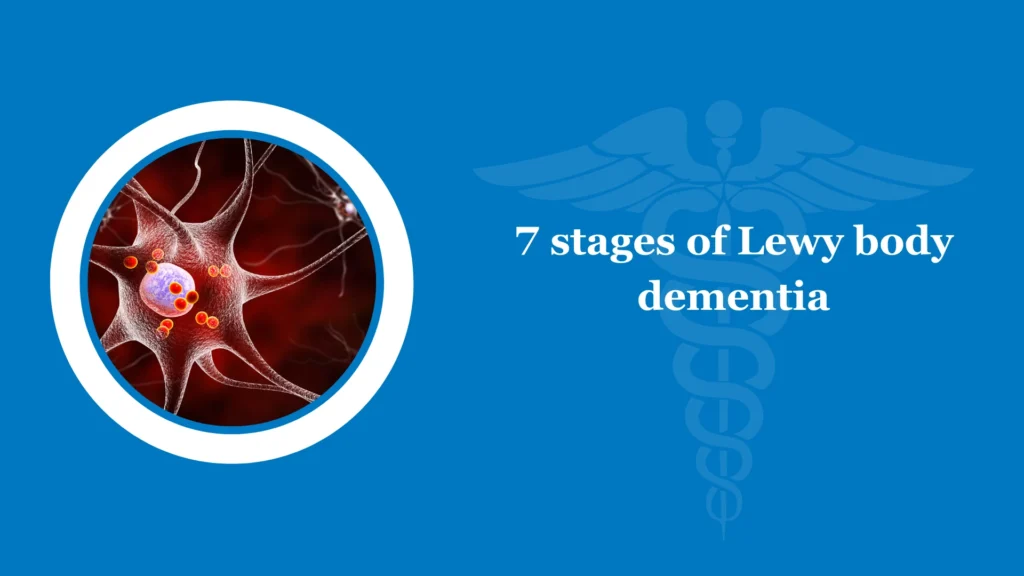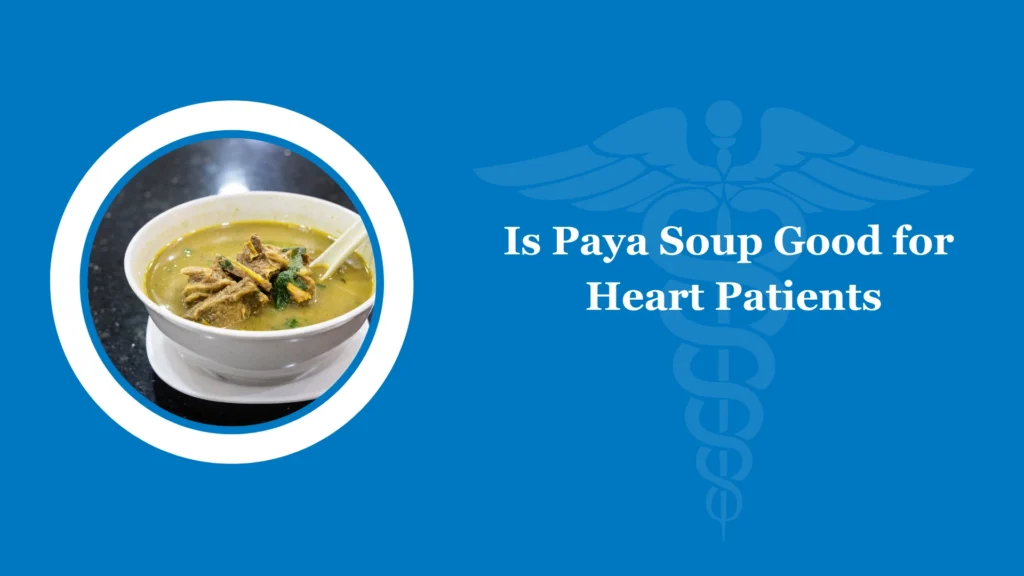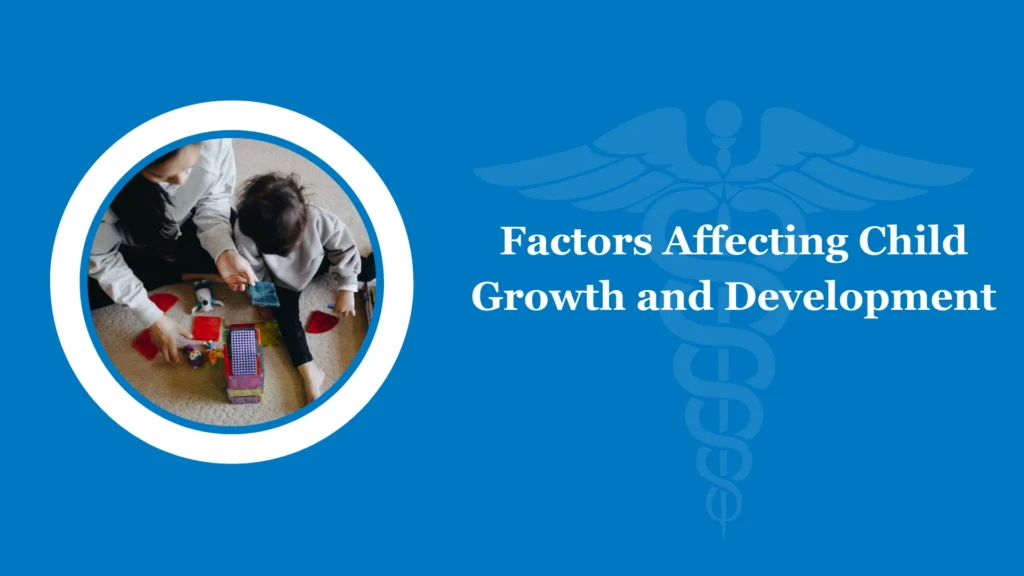The ectopic pregnancy carries serious risks to the women trying to conceive, it occurs when the egg is implanted and developing in the fallopian tube instead of the uterus. This could only mean a delayed recovery process as well as the deterioration of the conditions to the more critical, and life-threatening state if immediate attention is not given.
Detailed understanding of the reasons, signs, and possible steps to prevent this is necessary for those who want to resort to assisted reproductive technology (ARTs). Identifying the causes of ectopic pregnancy lead to decreasing the possibility of risk during the IVF procedure, and to create teams shared by patients and healthcare providers who would aim to decrease the number of cases and increase the chances of getting impregnated normally.
How To Avoid Ectopic Pregnancy With IVF?
Ectopic pregnancy is a situation where a fertile egg undergoes implantation and consequently the growth of the egg outside the main part of the uterine cavity mostly in a fallopian tube that causes very severe outcomes. Such a concept of pregnancy cannot proceed normally because the growing embryo cannot function in the wrong place. Consequently, the embryo can trigger serious bleeding if the situation is ignored.
Ectopic pregnancy symptoms can be mild or severe in some cases, and these symptoms may include abdominal or pelvic pain, lightheadedness, vaginal bleeding, and sudden fainting of the patient. In ectopic pregnancies, the fertilized eggs are not viable and always lead to abortion because there is no contact with the uterine lining that is so essential for growth and development in a normal pregnancy.
To avoid ectopic pregnancy with IVF, several factors should be considered based on the provided sources: There are some critical elements to avoid the occurrence of ectopic pregnancy in IVF despite the provided studies, they are:
Tubal Factor Infertility:
Rhythmic cramping coupled with contraction or obstruction inside the patients’ fallopian tubes significantly increases their threat to conceive in ectopic pregnancy.
Pelvic Inflammatory Disease (PID):
During the infections of PID adhesions known as PID can cause pelvic inflammation or the creation of adhesions, which can in turn continue the ectopic pregnancy.
Sexually Transmitted Infections (STIs):
Persistent bacterial infections could result in ectopic pregnancy as it could be responsible for an obstruction of fallopian tubes if any of the debris/scar tissue of the reproductive organs came into the picture. The worked-out strategies of testing and treatment intervention need to be employed at the initial stage.
Smoking:
Smoking does not only prevent men from impregnating, but it also doubles the risk of having an ectopic pregnancy substantially. Quitting smoking not only reduces the risk of disease in the long run but also puts out the danger craze trend among adolescents.
Age:
They demonstrate that women who are post-35 years old are in more danger of this. Joined with the fact that age is proven to be another concern, STIs, and smoking have yet equal worthiness of noticing them.
How does IVF affect the risk of Ectopic Pregnancy?
In vitro fertilization (IVF) can impact the risk of ectopic pregnancy in several ways, as outlined in the provided sources: In vitro fertilization (IVF) influences ectopic pregnancy risk in several ways as Sources Z claim.
Tubal Factor Infertility: The amount of incidence of ectopic pregnancy among the patients receiving the IVF procedure is reported high, predominantly those with tubal factor infertility. Tubal infertility patients who undergo IVF and are given more than one son to transfer into the uterus may do so by the amount of risk devices.
Transfer of Embryos: Contraction is a concern in IVF where the embryo is inserted in the uterus. This leads to the embryo being pushed backward from the tube to the uterine cavity before the implantation, therefore increasing the risk of ectopic pregnancy. A Broken Pipe usually also increases this danger as it can direct the embryo back into it with the pressure difference between the uterus and tube.
Number of Embryos Transferred: The number of embryos transferred during IVF may have an impact on the ectopic pregnancy risk. Therefore, guidelines must be taken into adherence when proceeding with treatment. This situation is worse for tubal infertility patients who have more than one embryo transferred than those who have been identified as having just one increased risk of triplets when compared to patients whose infertility is due to male factors where only one embryo per patient transfer is performed.
Decreasing Risk: The past statistics prove a reduction in ectopic pregnancies following IVF, which was the result of factors like reducing the number of embryos transferred altogether or transferring them at the blastocyst stage, and eSET elective single embryo transfer breathing life into the new procedure.
Monitoring and Early Detection: Identification of ectopic pregnancy [be done] in advance is a [necessary] must. Regular invigilation of HCG levels by ultrasound and through monitoring of hormone levels confirms that most of the cases do not require surgery.
What causes an ectopic pregnancy?
Several factors can lead to an ectopic pregnancy, as outlined in the provided sources:
Blockage or Abnormalities: Take, for example, a structural abnormality, such as a fallopian tube, a blockage, or any other similar abnormalities that exist, it is possible that the egg cannot move to the uterus after it has been inseminated.
Infections and Inflammation: for example, infections of such disorders as PID and endometriosis lead to inflammation and adhesion of reproductive organs.
Scar Tissue: Previous abdominal or fallopian surgeries can result in sagging of the tissue, which may occur in the path of the fallopian tubes causing their improper functioning.
Assisted Reproductive Technologies: Fertilisation of the mentioned artificial reproduction technologies such as in vitro fertilization (IVF) can elevate the risk of ectopic pregnancy involving factors like embryo transfer and issues related to tubal function.
Other Risk Factors: Risk factors include a history of infertility, advanced mothers’ age, smoking, prior ectopic pregnancy, and specific medical conditions. These can all contribute to the high risk.
Multiple reasons may lead to ectopic pregnancies, such as tubal obstruction, infections, organ damage, ART, and risk factors that influence the viability of gravidities.
Conclusion:
By being well-informed on the subject via keeping up to date with the latest medical developments, making timely medical consults, and effective close collaboration with specialists, the risk of ectopic pregnancy during IVF can be ruled to a bare minimum as successful pregnancy can be maximized.
FAQs:
Can you prevent ectopic pregnancy with IVF?
Although it’s not your property’s go-to solution, jumping right onto curing sexually transmitted infections, quitting smoking, and consulting a fertility specialist can drag this risk down a lot (and far from completely).
Is ectopic pregnancy more common with IVF?
Ectopic pregnancies can occur with IVF, with about 1.5% of all IVF pregnancies in the U.S. diagnosed as ectopic.
What vitamins do ectopic pregnancies rarely occur if there be any?
Vitamins including Folic Acid, CoQ10, vitamin B-43, and zinc may support fertility reform and have the ability to cause diminishing ectopic pregnancy risks.
